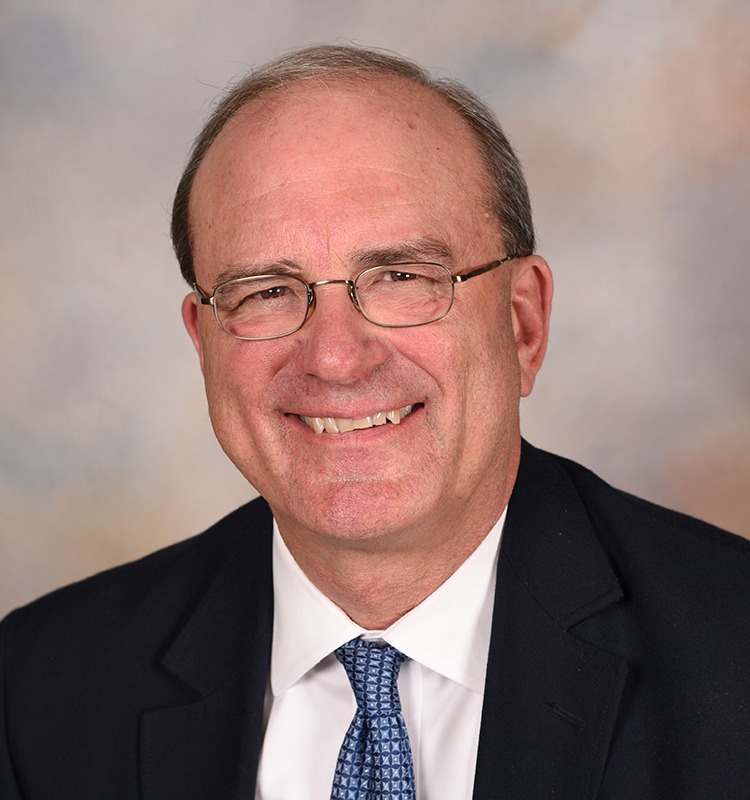Message from Vic Casad: May 15, 2018
 Notes from the Heartland
Notes from the Heartland
It has been said by many that Eli Stanley Jones was perhaps the most significant Methodist missionary since Francis Asbury. From his birth in 1884 through his conversion at 17 until his death in 1973, Jones’ influence was truly global in scope. He published 27 books of which two sold over a million copies. He was a personal friend of Mahatma Gandhi. He was consulted by presidents, generals and emperors during his lifetime. But his greatest contribution to the Christian faith was “his model of guiding people to Christ among people from vastly different backgrounds.”
The book, E. Stanley Jones and Sharing the Good News in a Pluralistic Society, is a compilation of essays presented by the E. Stanley Jones professors of evangelism in United Methodist seminaries and schools of theology in the United States. Each chapter presents an aspect of Jones’ ministry and theology relevant to the work of evangelism in our current context.
As our conference begins to finely focus on the vision of what it means to create new spaces for new faces there is one chapter that perked my attention. Written by Jeffrey A. Conklin-Miller of Duke University, his essay is entitled: Christ, Kingdom, and Church: E. Stanley Jones on Ecclesiology and New Ecclesial Community offers an important word of caution and encouragement.
Conklin-Miller looks at Jones’ Ashram movement in India as a radical expression of Christ (The Unchangeable Person) and Kingdom (The Unshakeable Foundation) and as an innovative or “fresh expression” of the church.
Jones’ Ashram (Sanskrit for “retreat from work”) movement was grounded in the Methodist class meeting. He conceived it to be a place for truth sharing, loving accountability, and authentic Christian living. It was never intended to be a substitute for church but as a means to strengthen faithful commitment to Christ and His Kingdom.
The central concern of the Ashram community was that it was to be a place of true spiritual koinonia (fellowship) where all are welcomed and barriers are broken down. It must resist the temptation to become a gathering place for like-minded consumers with shared interests.
For an innovative experiment in Christian living, a new faith space must be an alternative to the “Western, affluent, multi-choice culture around us.”
Conklin-Miller closes his essay with three questions posed by Rowen Williams to evaluate the faithful witness of any faith community.
- Does the community enable its members to grow in prayer and into the mystery of Christ?
- Does the community enable its members to teach and to learn from one another?
- Does the community point to something in its life together that contributes to the wider society which would not happen if no Christian presence was around?
I found this essay and the other essays in this book helpful as I think about what it means for pastors and churches to be seriously visioning together the possibilities of creating a new space that will introduce new people to the love of God in Christ Jesus.
In His Service and Yours,
Vic Casad
E. Stanley Jones and Sharing the Good News in a Pluralistic Society
F. Douglas Powe, Jr. and Jack Jackson, General Editors.
Wesley Foundry Books, an imprint of the General Board of Higher Education and Ministry of the United Methodist Church.
Produced in cooperation with The Foundation for Evangelism
One of the many missions the FFE is to sponsor E. Stanley Jones professors of evangelism in United Methodist seminaries and Schools of Theology around the world.
Published: Tuesday, May 15, 2018
